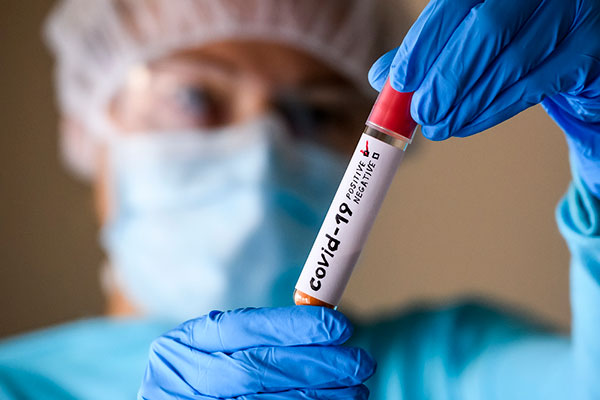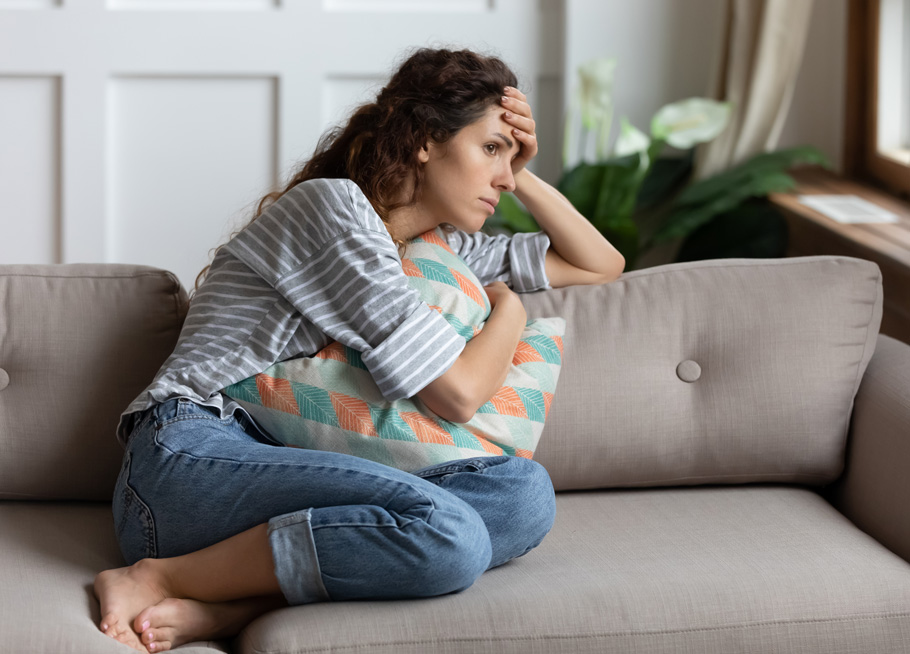
While it has been shown that anyone can contract coronavirus, there are more people at risk of suffering severe symptoms of the virus if they have an autoimmune disease such as rheumatoid arthritis (RA).
People receiving treatment for RA may also be at more risk of catching and having severe reactions to the coronavirus because their treatments may also affect the immune system. The immune system may be compromised in fighting off the virus.
RA is sometimes treated with immunosuppressant medication that works by reducing your immune system’s response. While immunosuppressants can help manage RA symptoms, they may increase your susceptibility to viruses and other infectious diseases.
Rheumatoid arthritis patients that are at higher risk of catching coronavirus include:
- Are type 2 diabetic
- Have been previously treated for a respiratory infection
- Have obesity
- Have other medical conditions like
- Have severe, unmanaged RA
- Older adults
Respiratory risks
As rheumatoid arthritis can affect the heart and lungs, catching coronavirus is more problematic because it is a respiratory disease and can mean RA patients are more likely to experience worse symptoms.
Coronavirus infections can also trigger RA flares where your symptoms increase in severity. It can be a vicious circle for RA patients because it is very stressful to cope with the virus and is emotionally taxing. The extra stress placed on the body can trigger RA flares and worsen symptoms.
Protecting yourself from coronavirus
A lot of rheumatoid arthritis patients were concerned about continuing to take immune-suppressing medications when the Covid-19 pandemic took hold. Many questioned their doctors about discontinuing their use to help protect themselves from the virus.
However, doctors recommend continuing any medications as directed to help continue to manage patients RA condition because the sudden cessation of medications can trigger a RA flare, the results of which may need even more medical intervention to bring symptoms under control.
When having a flare you may also be at a greater risk of coronavirus infection. If you are worried about taking any of your medications, you should discuss your concerns with your doctor. They will be able to reassure you about your treatment and can advise you about changing or stopping medications.
The advice for RA patients about protecting themselves from coronavirus is the same as for those being asked by the government to shield themselves at home. These general rules are:
- Avoid close contact with people who are sick
- Avoid non-essential travel and crowds
- Avoid touching your eyes, nose, and mouth with unwashed hands
- Stay at home whenever possible
- Stay at least 6 feet away from others outside your household
- Wash your hands regularly with soap and water for at least 20 seconds
- Wear a mask when you’re in public
You can also ask your doctor to give you a 90 day supply of medications instead of a 30-day supply. Check with your local pharmacy to see if you can get your medications delivered to your home so you don’t have to go out to collect them.
Article by Dr. Naveen Bhadauria



